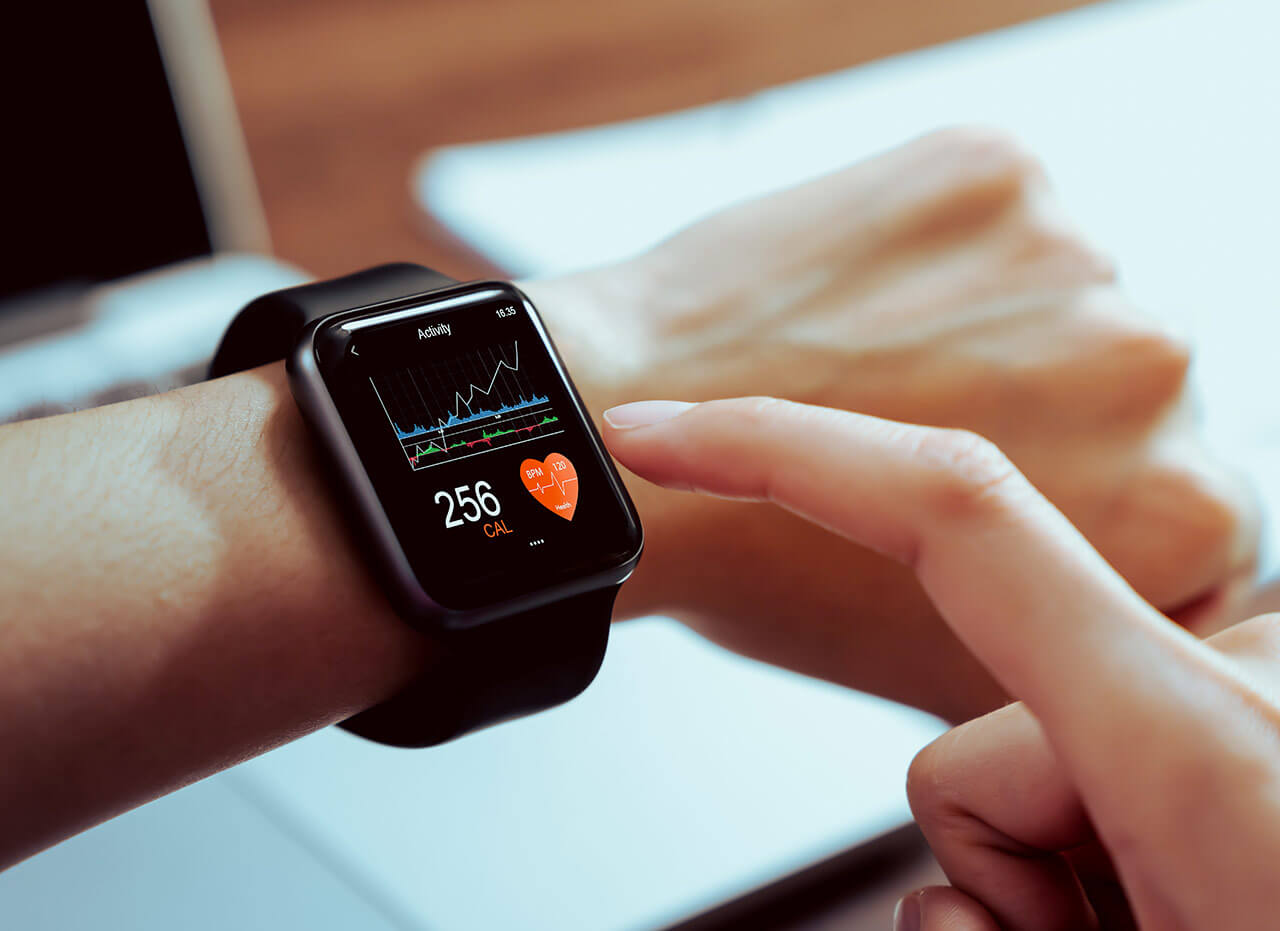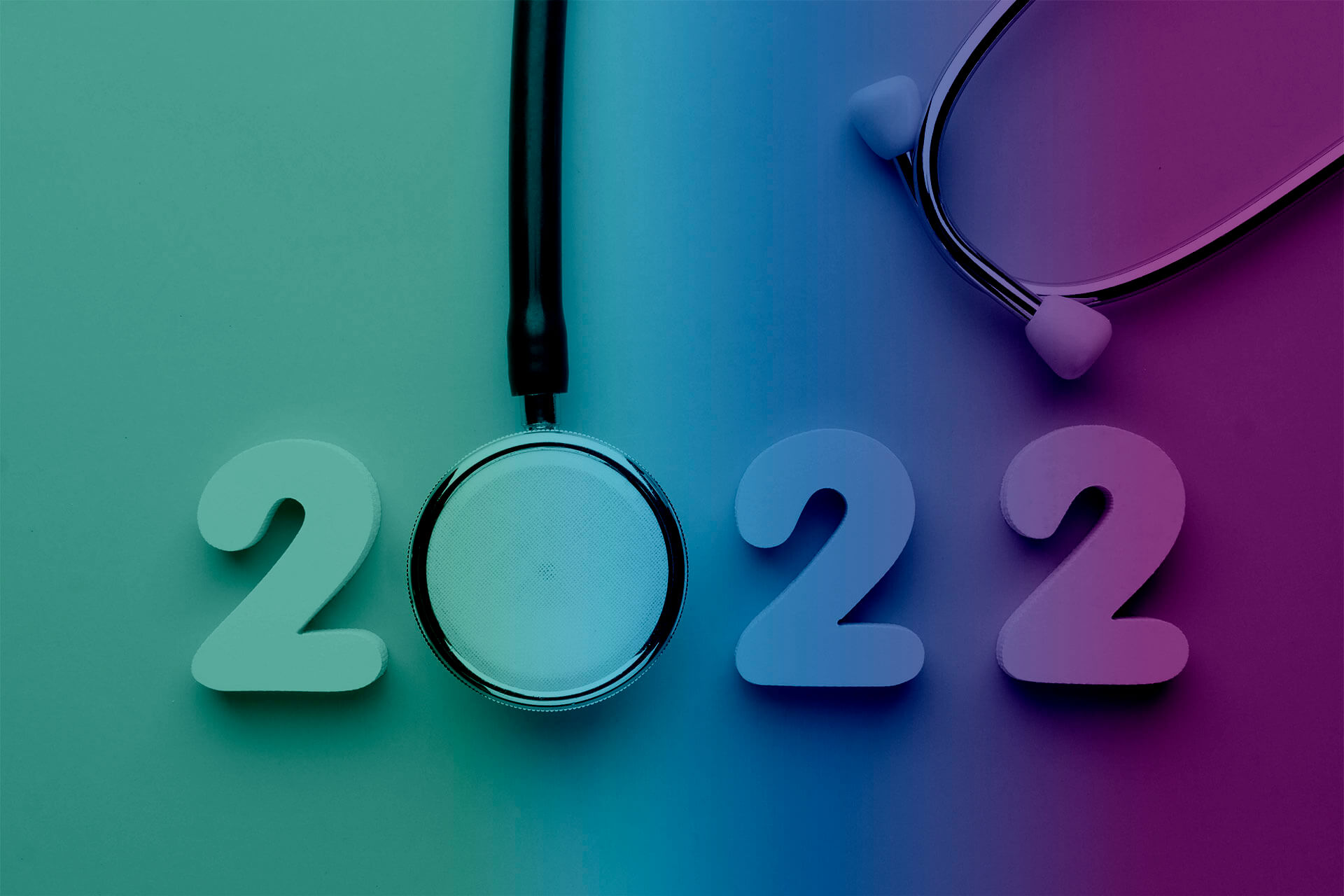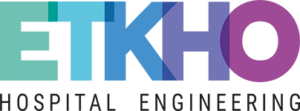Hospital engineering, electrical safety, the consumerization of health, mobility and telemedicine are some of the challenges that will mark the future of global health this year.

Like every beginning of the year, it is always interesting to analyse the trends that we will find in the health field. With our sights set on this 2022, at Ethko we have detected some of the main items or elements that will be decisive in hospital centers. From the outset, we cannot ignore the pandemic, which although it no longer causes the same havoc as in 2020 and early 2021, we do have to take into account that the transition from pandemic to endemic will take place.
There will be new treatments and vaccines on the market and in the sector to deal with Covid-19. In this regard, the reinforcement of primary care is a yes or yes that, however, produces more uncertainty than anything else. We already know that this virus has become persistent in thousands of people, something to keep in mind. European funds for health, the impact of mental health… The topics will be many and varied.
However, we can talk about the 5 main trends that will mark the path of health in 2022.
1. The role of the hospital engineer
In 2022, perhaps more than ever, the figure of the hospital engineer will become essential. This ideal mix of medicine and engineering is going to be a key part of the necessary modernization of the sector.
The coronavirus pandemic has promoted a change in mentality both in the design and in the infrastructure of health centers. Technified hospitals are the future and should already be the present. And for this, the figure of the hospital engineer is essential, the profile that makes it possible for health centers to be increasingly sustainable, to adapt with all guarantees to the new social and health realities, to facilitate the creation of today’s hospitals so as not to be outdated in the future…
It is one of the professions that are evolving the most and that will evolve the most. It is these engineers who pave the way, for example, for the gradual introduction of Big Data and Artificial Intelligence in hospitals, or the controlled and thought-out commitment to robotics.
“The hospital engineer has adopted a multidisciplinary and proactive role, collaborating and deciding on the new hospital equipment and advanced technologies to be implemented in the centers.”

2. At the forefront of comprehensive health
According to the study ‘Cigna 360 Well-being Survey’, spheres such as financial health, family or access to medical care also directly influence well-being. Starting with the personalization of healthcare, which will revolutionize healthcare solutions. One of the great challenges for 2022 will be to provide an individualized response, a demand from more and more people. On the other hand, the use of Artificial Intelligence will continue to generate a change in the monitoring of people’s health status and in the surveillance of active treatments.
“The population will become an active subject of its own well-being. Thus, by registering biometric data, abnormal patterns can be detected in the early stages of a pathology and avoid reaching extreme situations.”
In the case of chronic diseases, people will have the necessary tools to actively manage their health, increase their involvement in adopting healthy habits and monitor their treatment more closely at any time.
The stress of the pandemic also needs to be dealt with. Also, there is a general breeding ground to deal much better with mental health care, which is going to be a prominent area.

3. Clinical mobility and mobile technology
Following a recently published Zebra study on hospitals, it has been found that both clinical mobility and the use of mobile devices are rising trends in the healthcare system, and will be even more so in 2022.
Clinical mobility is transforming care in healthcare facilities around the world and is profoundly affecting nurses, doctors, IT executives and patients. There are elements that are insurmountable in health care, such as an older population, or sadly the cutbacks in investment and personnel. However, this is forcing us to bet on the “winning horse” of the demand for digitized hospital services and assistance.
“The truth is that hospitals are increasingly turning to technology and automation to reduce stress in their centers.”
With clinical mobility, as the study claims, hospitals around the world are eliminating error-prone manual procedures, replacing them with digital solutions that increase the accuracy of patient identification, simplifying processes, improving the quality of patient care and reinforcing overall visibility.

Hospitals are already improving their productivity by equipping their key staff with mobile devices. By 2022, 97% of nurses are expected to use mobile devices at the bedside. For this year, the use of mobile devices by all hospital workers is also expected to increase by up to 40%. State-of-the-art applications, remote patient control and artificial intelligence, the key to improving the routine of doctors, health workers and patients. A clear example of a direct benefit is for nurses, who walk an average of 4.5 to 8 km per 12-hour shift. With mobile devices, they totally improve efficiency and logistics in their tasks.
Or without going any further, with this bet the healing processes and communication between health professionals and patients are improved, saving on hospital readmissions. All this, always based on data-based diagnosis and the awareness that the new generations see and manage their healthcare in a different way.
4. The consumerization of healthcare
COVID and technological advances in the sector have created a system in which “digital health” and face-to-face health coexist to guarantee better efficiency.
Although this trend has reached new levels in 2020 and 2021, the truth is that the adaptation of technology to healthcare, and vice versa, is one of the biggest drivers of the digitization of hospital services. How does this translate? Patients are increasingly getting value and benefit from services such as telehealth, which helps limit the number of hospital visits. On the other hand, this technology itself frees hospital staff from work and extra burdens, making their work much more efficient.
In fact, far from what might have been thought years ago, that a doctor has skill with new technologies and uses them in their relationship with patients is something that gives more and more people confidence.
“According to Zebra’s recent study, 3 out of 4 patients in 2021 saw their nurse or hospital staff use a mobile device and considered it positive.”
The continued consumerization of health is due in large part to the greater access to consumers that digital platforms facilitate with health care services.
Therefore, it becomes clear that the short and medium term approach will continue to favor the use of telemedicine. This will lead to a greater implementation of the Virtual Consultation, a need to guarantee the protection of the patient’s private data, the unstoppable growth of artificial intelligence, big data and automation applied to the health field, interoperability, or preventive medicine thanks to the Machine Learning.
5. Electrical safety as a pending subject
One of the absolute priorities in hospitals in the face of this incipient 2022 is the improvement of electrical safety, that is, avoiding problems with the electrical current or dealing with them in the best way. Because a large part of the functioning of the health center and the health of the patients depend on this facet. We are talking about the set of preventive actions that we carry out to minimize or eliminate the risks of accidents for patients, operators and medical teams.

Investing in automatic switching systems, alarm repeaters or isolation transformers for medical use are some of the safe bets that health centers can make.
And, even more important in the context in which we find ourselves, save on expenses.
“We must not forget that, for example, at a private level, operating rooms represent 67% of a hospital’s income and 40% of its expenses.”
In addition, the price of electricity is driving up the energy costs of hospitals by 25%. According to Medical Writing and Sedisa, hospital centers are going through very hard times and uncertainty: 100,000 euros is the monthly bill for electricity consumption of an average hospital.



